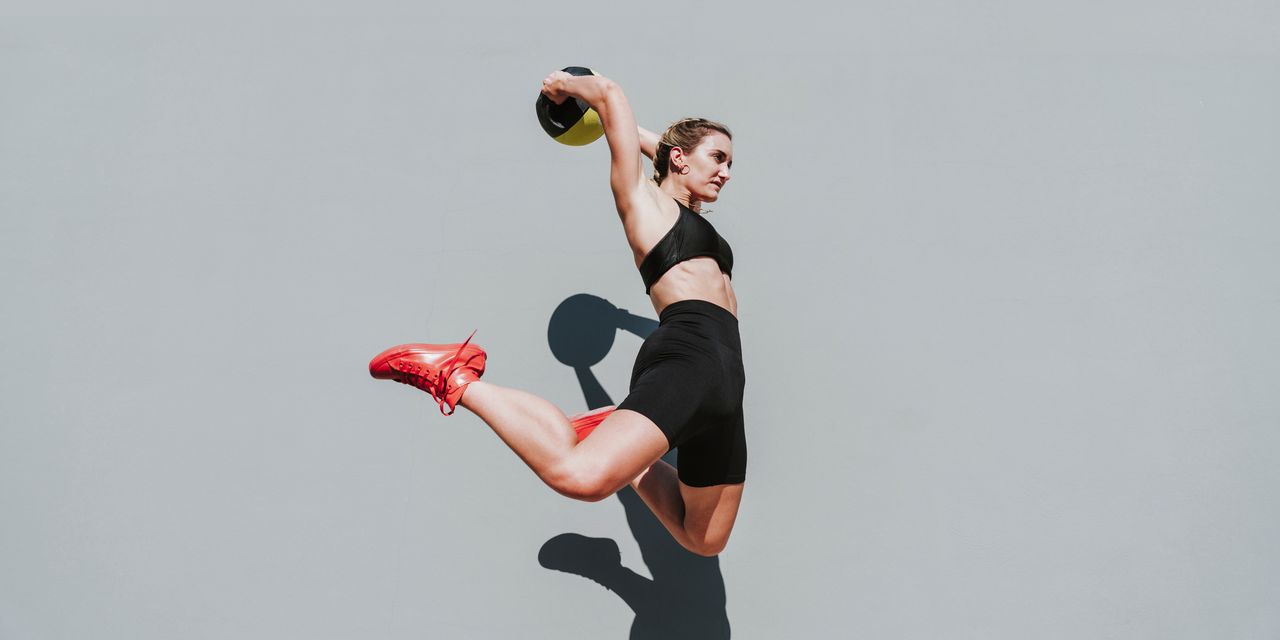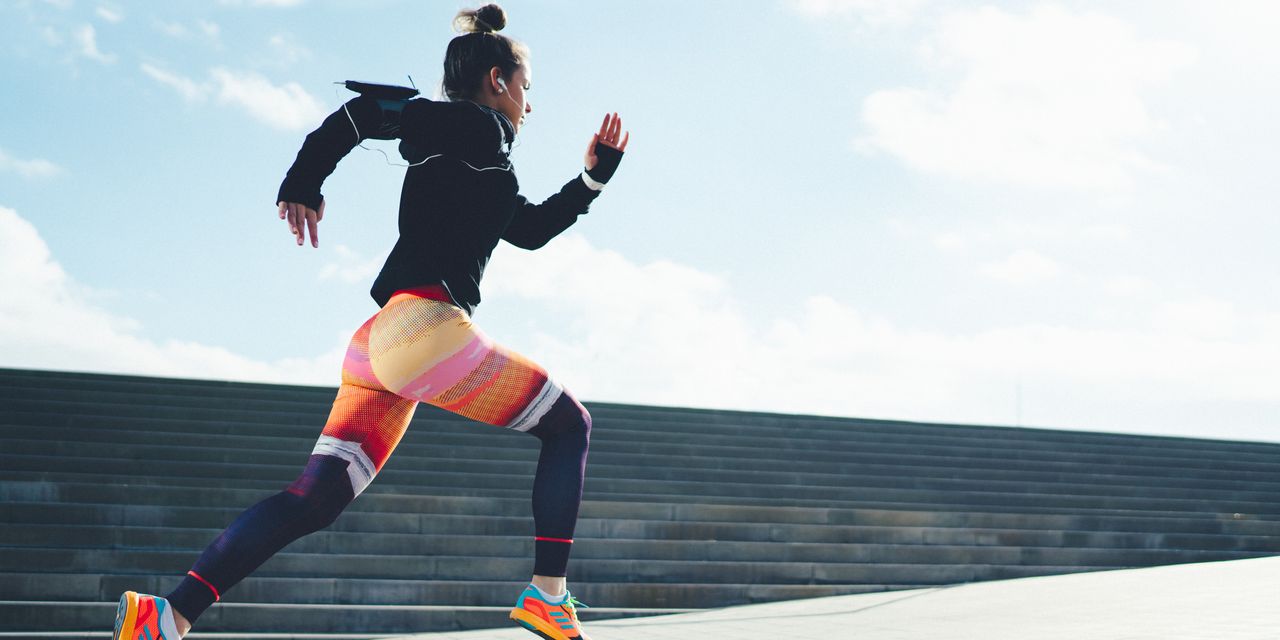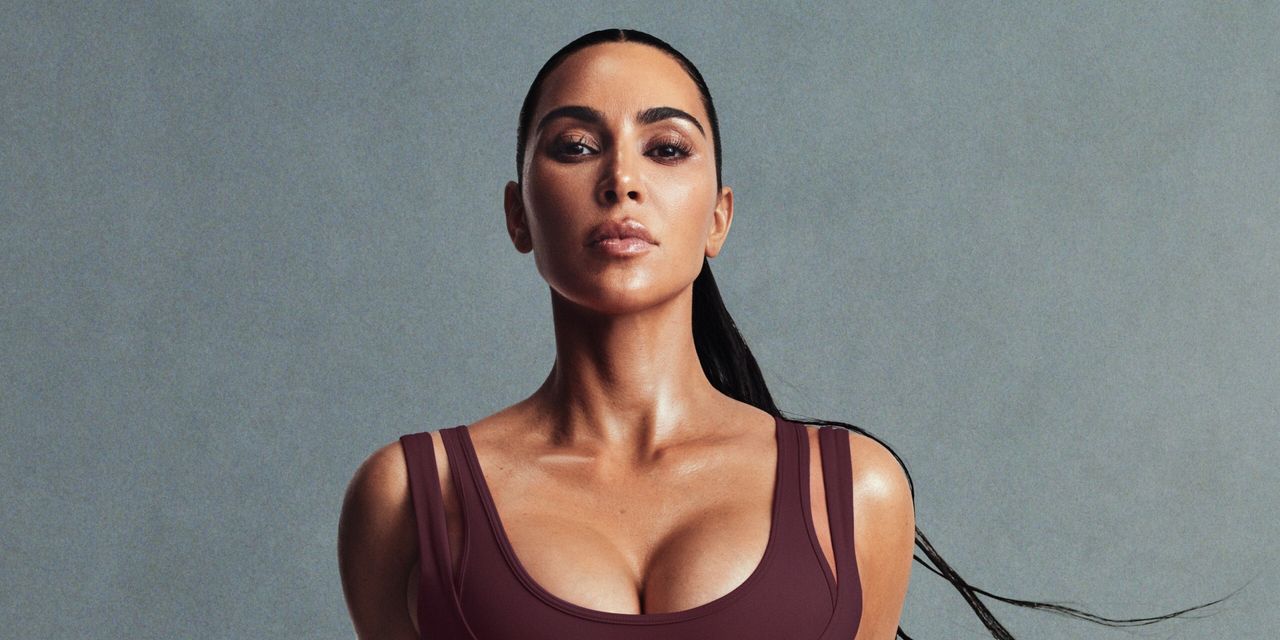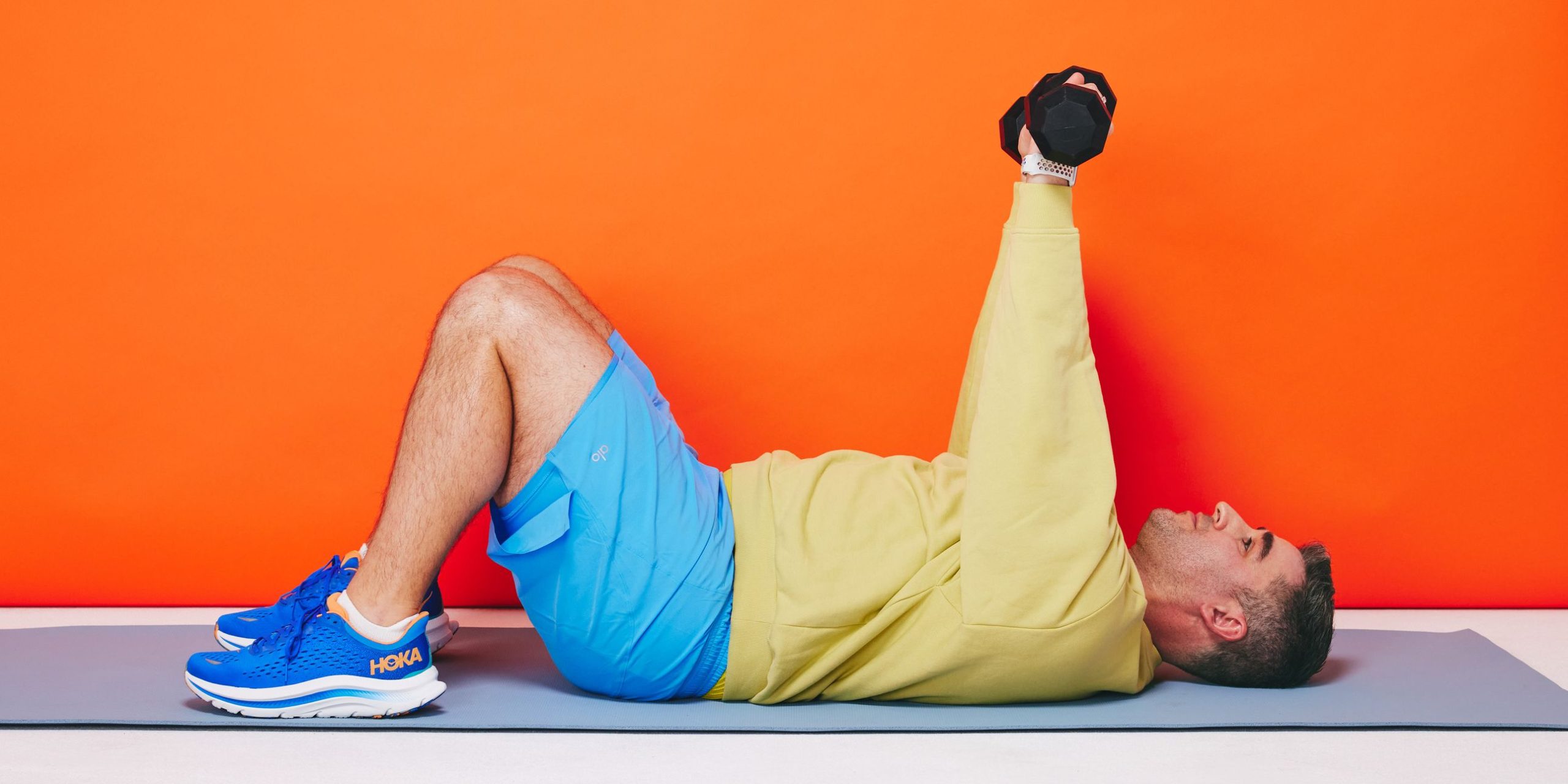Actor Jessy Yates on the Major Thing 'Pulse' Producers Did to Improve Accessibility
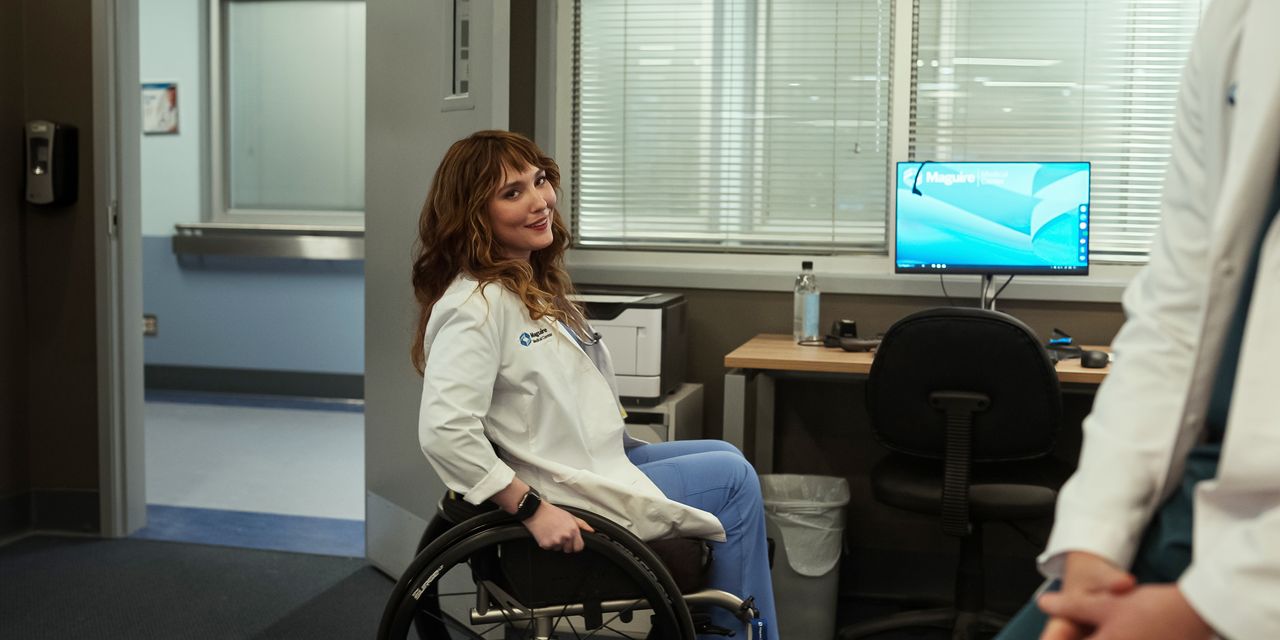
When Jessy Yates started at the Yale School of Drama in 2018, she was the first wheelchair-using student in the program’s history. “I knew that I was going to be teaching the faculty how to teach me,” the 31-year-old actor tells SELF. “The school was really good about acknowledging that there was a lot they didn’t know and there was a lot that they were trying to learn,” she adds. But the fact that it took almost a century for one of the most prolific acting programs in the country to train a wheelchair-using actor? It’s a testament to how the industry at large has ignored disability and swept it under the rug—making Yates’ success graduating from drama school and landing a role in Netflix’s medical drama Pulse a rarity, when it should be the norm.
“It’s not like disabled actors haven’t existed,” Yates adds. When she started drama school, it had been over 30 years since Marlee Matlin, who is deaf, won an Oscar for Children of a Lesser God. Yet there’s still this assumption that actors with disabilities aren’t there. “I’m even seeing it now,” Yates notes. “I think a lot of people think that I’m a kid off the street, that I had the right type of body for the job as opposed to acting being a thing that I do professionally.”
SELF spoke with Yates to learn more about her journey becoming an actor, how she uses fitness to stay connected with her body, what accessibility was like on the set of Pulse, and why it’s so important for disability to be represented in movies and TV.
SELF: In Pulse, you play a doctor who is in a wheelchair. The storyline reveals that your character suffered an injury that caused her to become paralyzed. But in real life, you use a chair because you have cerebral palsy. How has living with this condition played a role in your acting career?
Yates: I’ve been acting since I was a kid, but acting and my physical body never overlapped for me. Usually there would be months where I would miss all my physical therapy appointments for rehearsals, and I was always so excited about that as opposed to seeing my profession and my body as two things that could and should coexist. It wasn’t until I got to graduate school that I realized how intertwined they are. I went to Yale, and their acting program is very body-focused. It’s a lot of voice and speech training, a lot of physical training; they’re all about conditioning your instrument. And it made me realize that until that point, my body lived over here and my career lived over there. I kind of just dealt with whatever was happening in my body and put blinders on and would pop an Advil I was in pain. But then I got to grad school and I realized I was so blocked emotionally because I had no relationship with my body.
Is that because you were never given tools to connect with your body? Do you think it requires more of a conscious effort to do that as someone with a physical disability?
Since cerebral palsy is considered a pediatric disease, my physical therapy was only covered by insurance before I turned 18. Until then, I had been going to physical therapy at least two days a week for as long as I can remember. During my last years of PT, they were having me create my own workout plans. I didn’t fully grasp this at the time, but I now realize it was me training to take care of myself and learning to listen to my body.
Cerebral palsy is a disability that causes lots of neuromuscular tension, and as an actor, tension will stop your emotions from flowing through you. So when I got to grad school, I came up against this huge wall. I realized there was so much about my body that I didn’t know. So I’m only now starting to put those pieces together and taking what I felt like was such a huge deficit in my training, which is my own relationship to being an expert of my body, and now trying to take ownership and agency for it.
What did you do to start learning and getting more in tune with your body?
I had always been really intense into fitness for three months at a time, and then something would happen at the gym where I would feel a little uncomfortable, or I would want to start trying something new, or I would go off to do a job and I would feel uncomfortable about coming back. It’s the comfortability of a body like mine in a space like that, it’s that discord that I feel really intensely when I enter a room. I mean, I feel that way in any room, but especially in a fitness space and when I’m starting a new program.
I was weight training pretty extensively before I left for Pulse. I had an ex who was very interested in power lifting, and it was so easy to go to the gym because I had a buddy. It didn’t matter if the gym was accessible—he would reach things for me, he would put away the heavy weights. I always had a built-in spotter. And then when I moved to LA, I was newly single and realized I had to do this for myself, and I had to find a way to be comfortable doing this solo. It was much more challenging at the beginning; I no longer had somebody else setting up the workouts so I could turn off my brain. But I’m so much more empowered now because my workouts are centered around what I want to do and my goals, not someone else’s. It feels a lot more hard-earned. And especially as an actor, I don’t want to just get in, get out. I want to strengthen the mind-muscle component in every workout.
Did you run into any specific challenges or roadblocks trying to find a gym and get into your groove with fitness?
I lived in New York since I was 18 and I recently moved out to LA, and part of my reason was because I wanted to live somewhere where I could just focus on my body and my health. In New York, there’s a lot of white-knuckling. It’s a lot of putting up with things in your day-to-day because you have to survive. I wanted to slow down a little bit, so I figured what better place to move to than LA? It’s kind of the mecca of health and wellness… or so it purports. I got here and was like, “I’m going to find a trainer.” And then I reached out to a bunch of trainers and it took me four to five people until I found one that said yes. That was really striking to me because California is very loud and proud about its progressive values, and LA is also very loud and proud about its health and wellness. But no one wanted to work with me.
What reason did they give? Just that they didn’t feel qualified to work with you as a person with a physical disability?
I got a lot of, “Oh, well, you should see a physical therapist instead.” And I was like, “No, this is also just as much about my interest in health and wellness.” I didn’t feel that my goals were any different than any of their other clients. And yet I felt boxed out of that whole world. I even still do—I have an amazing trainer now who is really down to get creative, and we do a lot of trial and error and change up my program every four weeks. But I don’t take [group] classes. I would like to; I feel you build a lot of community in those spaces, but I am Midwestern and I feel the people-pleasing drive to keep it going, keep it trucking. So if I’m struggling with anything, I’ll sit there quietly and just try to figure it out myself instead of interrupting the instructor to ask for help, even if it’s at the expense of my own learning and betterment. I think as disabled people, we’re so used to taking up space in ways that we never asked to. So I will deliberately make myself smaller in those situations. And then what am I paying for?
I deliberately work with a trainer at the same gym that I am a member of, so that I feel comfortable being there. That has allowed me to just feel more confident about going to the gym on my own and developing my own routine. And now I feel like I’m a part of that community. They know me there, they got a ramp, it’s great. But it took several months for me to be able to do that.
Do you still sometimes feel like your acting and your body are separate entities and not really working together? Or has your connection with fitness helped merge the two?
I think it is ever evolving. For example, I’ve always had an issue crying. But there was a day on Pulse where it had to happen, and I had done so many scenes that week that I wasn’t stressed out about it. I wasn’t holding tension in my body. I was just kind of tired and ready to move on to the next. And it happened so organically because my body was just so relaxed. And I was like, “Oh, that’s the thing. That’s what I have been searching for.” I just felt so much freedom and it wasn’t about my own emotional junk. I wasn’t pulling from any sort of trauma. I was just open enough to let myself be impacted by a situation. And it’s all because my body was just tired. Since then, I’ve been chasing that physical relationship of just openness.
Tell me what it was like filming Pulse. What was the accessibility like on set?
A film set, especially on a sound stage, can be one of the most accessible places. I know that sounds wild—and I’m talking about physical accessibility, specifically, because accessibility can mean a lot of things. But there are a lot of things on wheels on a film set, and that’s a good thing. The dollies need just as many smooth, flat surfaces as I do. I didn’t have that many barriers to entry, but the production crew also solved all the problems before I could realize that there would be problems. The best thing about accessibility is when you don’t think about it, and I didn’t really have to think about it.
That’s great. Were there any specific accommodations they made ahead of time or parts of the set-up that you appreciated most?
Something they did that I’ve never had a film crew do is they built a hydraulic lift up to hair and makeup. I’ve never really been able to get in and out of a hair and makeup trailer. On previous shows that I’ve done, it would usually be that hair and makeup would come to me. My first week on the set of Pulse, before we started shooting, I was doing a tour and the producer was like, “Oh yeah, you’re going to go to hair and makeup.” I was like, “What?” And he was like, “Yeah, that’s where all of the socializing happens. That’s where the magic happens. And I think you would lose out on the experience of the production if you weren’t in hair and makeup.” It was the first time that I felt like somebody understood disability beyond checking the access boxes; they understood the social experience of disability. The social aspect is usually the most isolating part; I just assume that I’m going to have a parallel experience to everyone, and it’s always kind of a bummer. But I’ve always accepted that because I just want to be employed and I’m a rookie—I can’t be making demands. So the fact that they thought of this before I even could was huge to me.
Why do you think the industry, in general, is so unfriendly to people with disabilities?
I think that people assume it’s going to be a lot harder than it is. There aren’t a lot of trained disabled actors, so I think that they expect maybe a different quality of work, or they expect that they’ll have to train them on set. And while that is true—I was learning and my work has grown significantly from the start of the season to the end of the season—that is the case for any new actor that you hire.
Fear is probably the biggest barrier. I get seen for way fewer roles because you need a willing creative team. But I also think that people are just scared that they’re going to mess it up and they don’t want to offend anybody, and they don’t want to step on any toes. And so they would rather preserve their image rather than hire somebody and realize all the things they didn’t know about that community and be open to having difficult conversations.
But there is the talent there; the disability community has actors that can do the job, but there’s an assumption that we don’t exist because for so long, the training programs kind of were the gatekeepers. Part of the issue, too, is that disabled people don’t think that there are roles for them, and so we self-select out and don’t pursue it or apply to drama school in the first place.
Which, I’d imagine, is part of why it’s so important for there to be representation of people with physical disabilities on television shows and in movies.
From an employment standpoint, representation shows what this community is capable of, both in the film and TV industry, but then also outside of the industry. People make a lot of their choices based on what they’ve seen reflected in the media. And if you’ve never seen a person in the workplace with a disability before, you’ll just assume that we don’t exist or we can’t exist.
As a kid, you’re told not to look or stare if someone is disabled, but something that is different from the norm is inherently compelling. I’m watching this with the response to Pulse right now where people are incredibly interested in my character’s storyline, but they also have a lot of questions. How do we address those questions if we don’t see disability on screen? By pretending that we can’t look at a community, we can’t stare, we can’t ask questions when we’re kids, and then we don’t see them reflected in the media, how do we ever normalize an entire group of people? Somewhere around 29% of adults in the US have a disability, whether that be visible or not, and that’s a huge swath of our population that we are just pretending doesn’t exist. And because it’s taboo to actually look at it and ask questions—how does this person go about their life? How are they a doctor? How do they make accommodations in the workplace?—we bury our heads in the sand and pretend it’s not there, which just erases a whole community.
Also, seeing disability on screen is incredibly interesting. It’s incredibly theatrical and it’s incredibly compelling. There are a lot of conflicts and storylines that come up just by nature of putting a disabled person in a role. You give a character so much more depth and nuance because suddenly there are new suitcases full of baggage and new relationship dynamics, because even just the physical dynamic of somebody sitting and somebody standing is a power dynamic that shifts how you see things on screen. So it’s just really watchable and really interesting. Pretending that disability isn’t there means we’re losing out on really interesting stories.
Related:
- It Shouldn’t Be This Expensive to Be a Paralympic Athlete
- Scout Bassett on the 2020 Paralympic Games, Healing from Trauma, and How Running Changed Her Life
- What Losing My Disabled Mom Taught Me About Ableism
Get more of SELF’s great service journalism delivered right to your inbox—for free.

